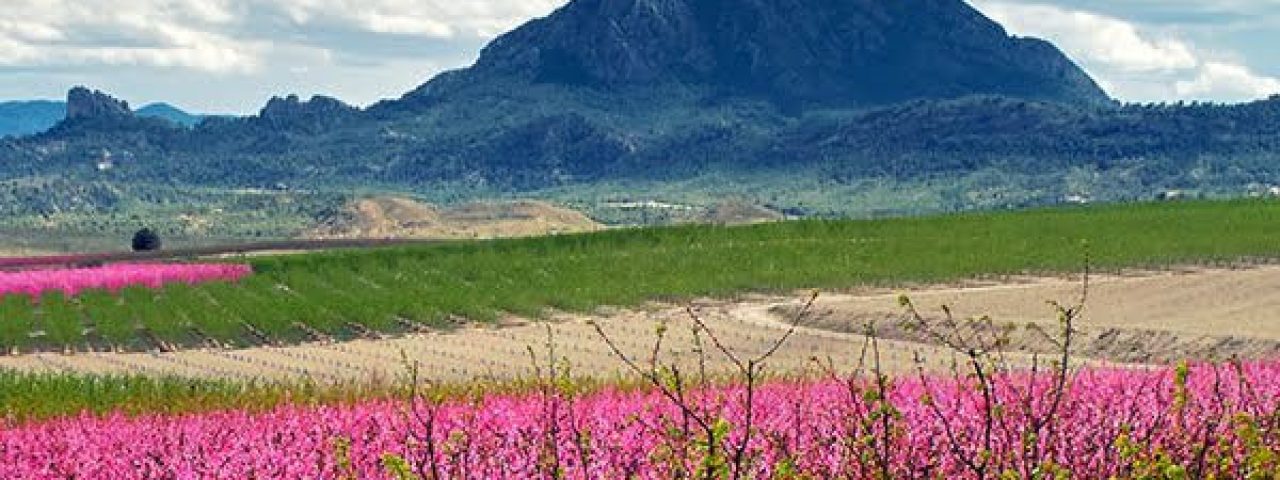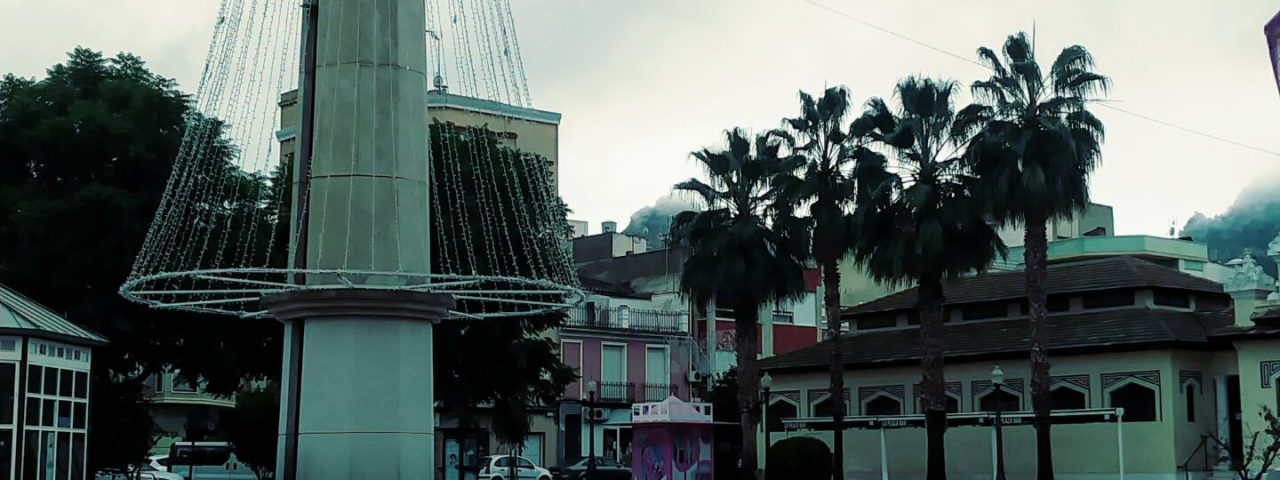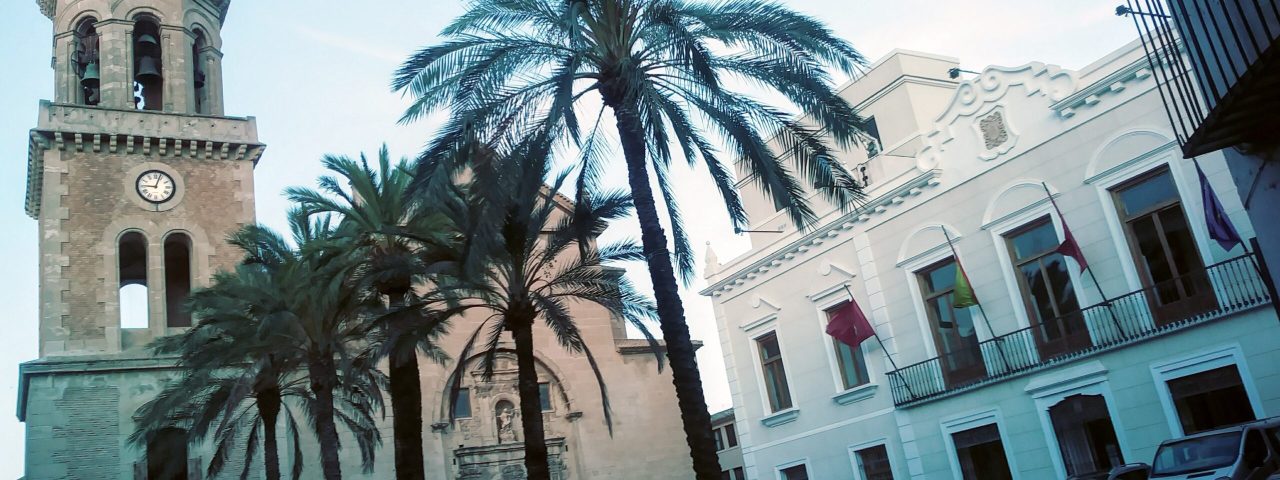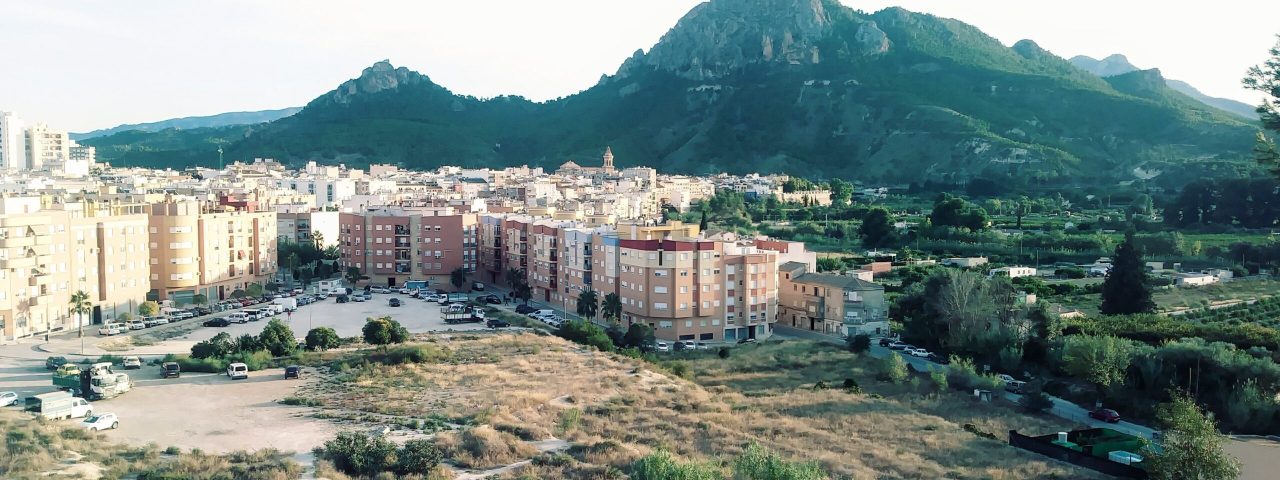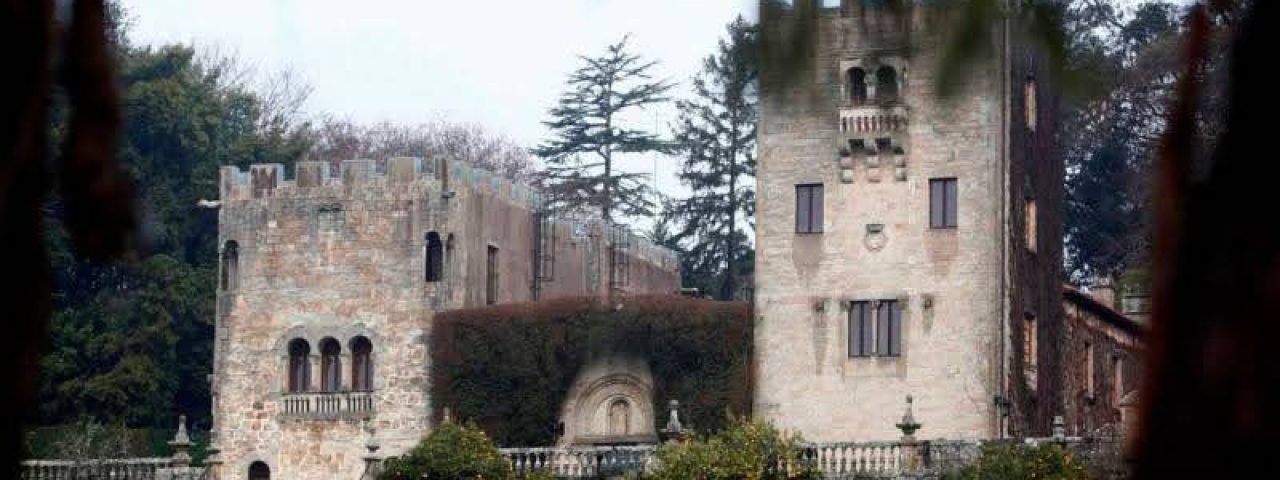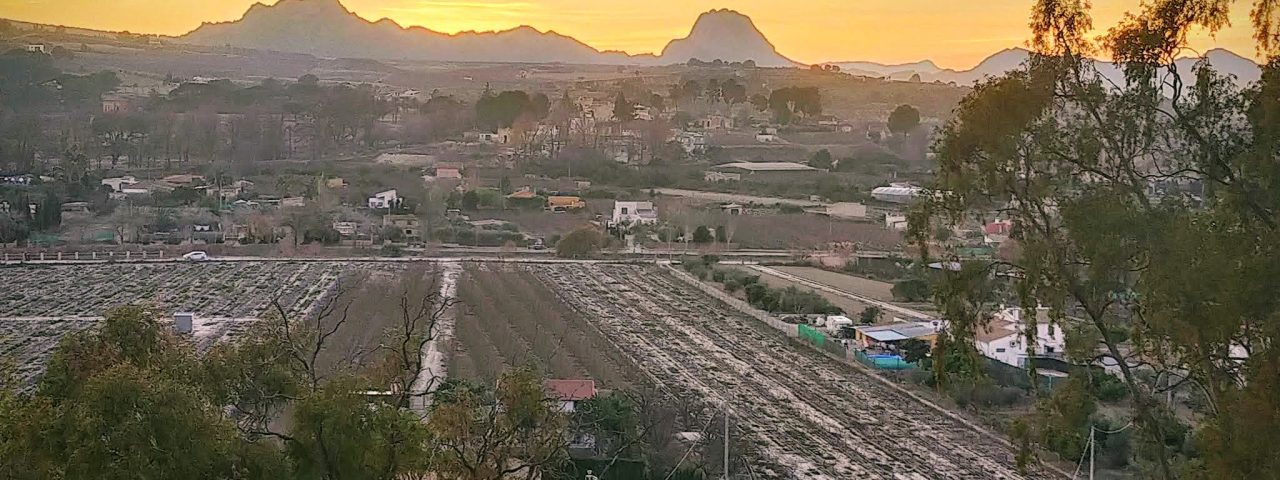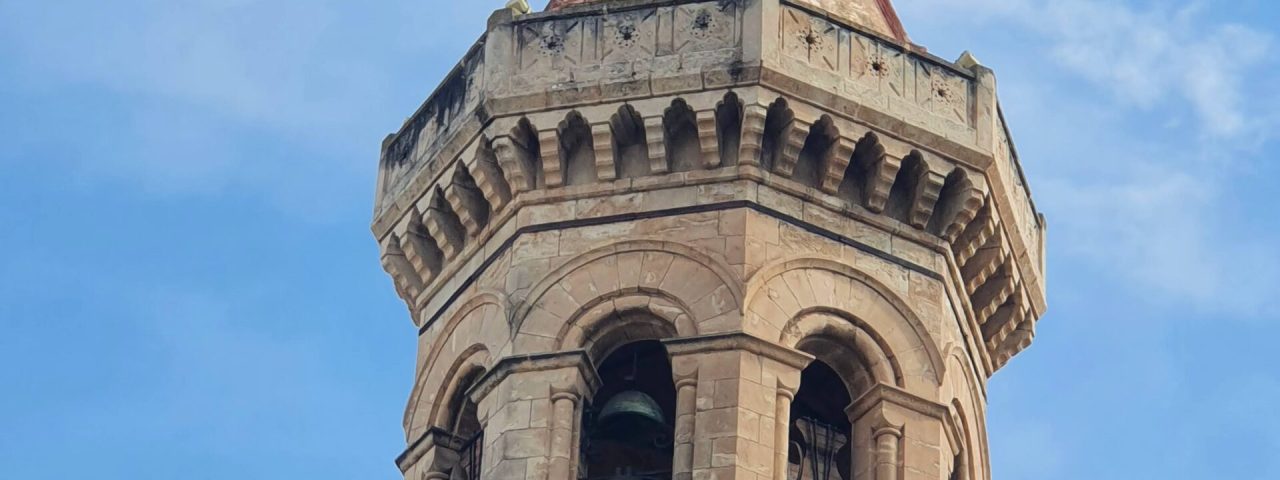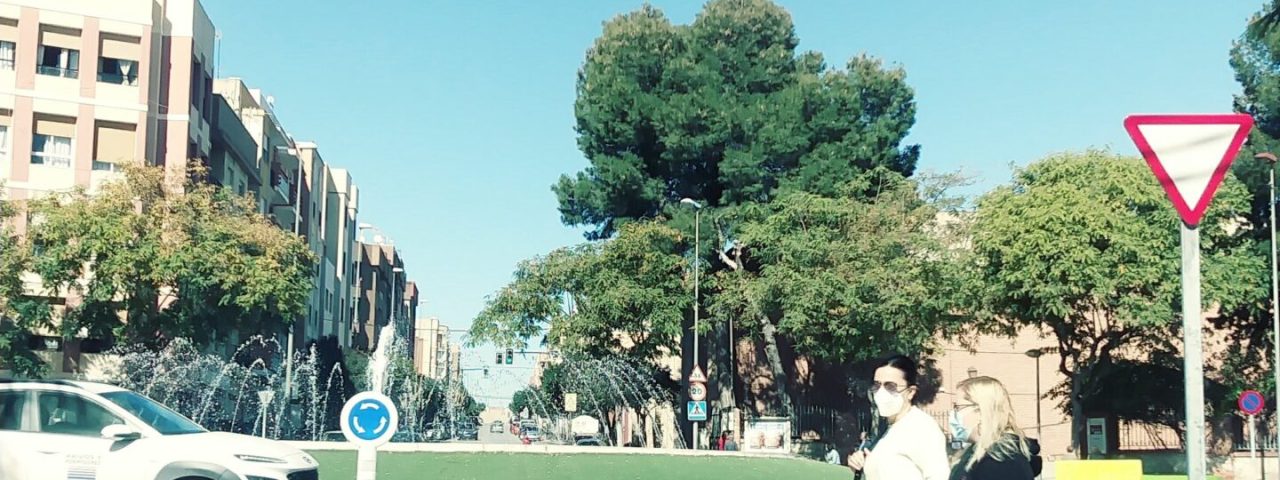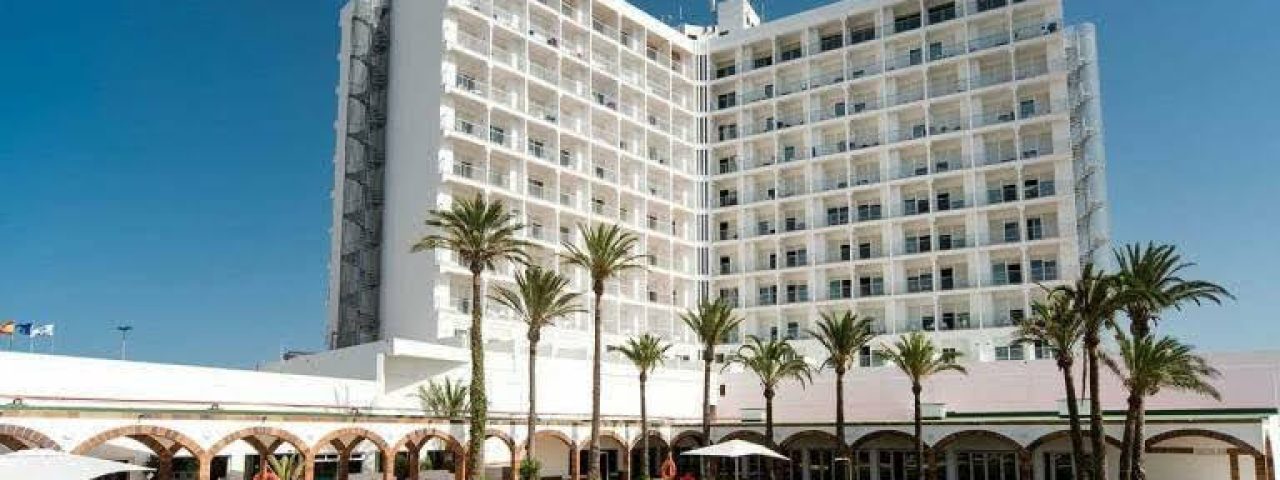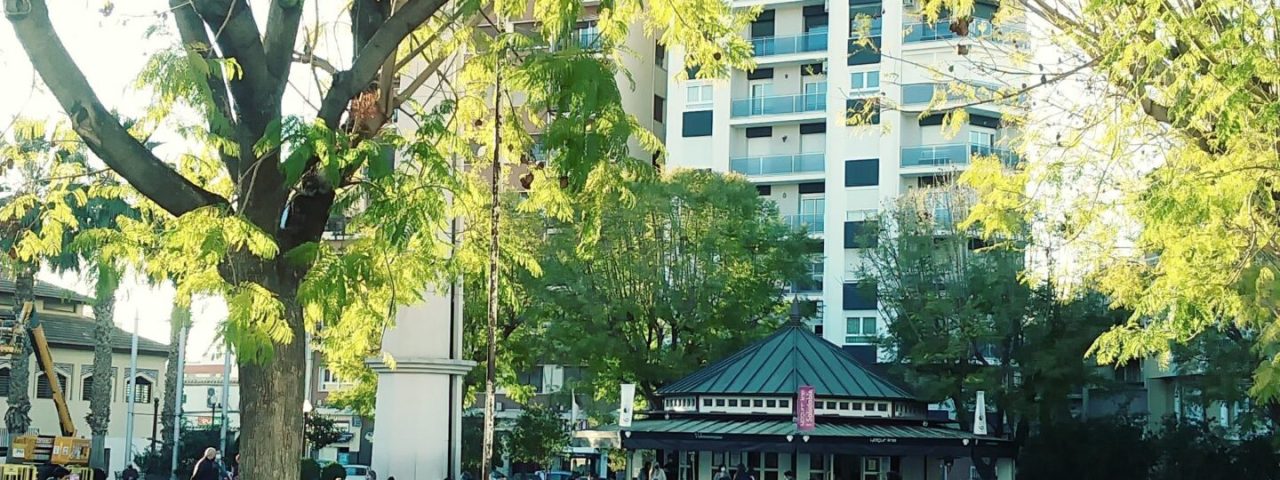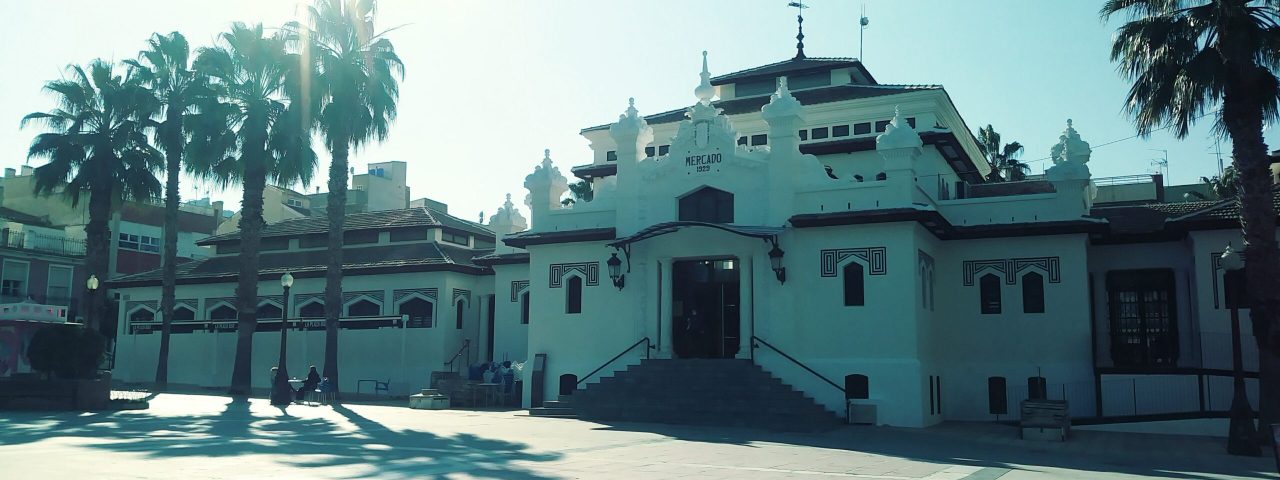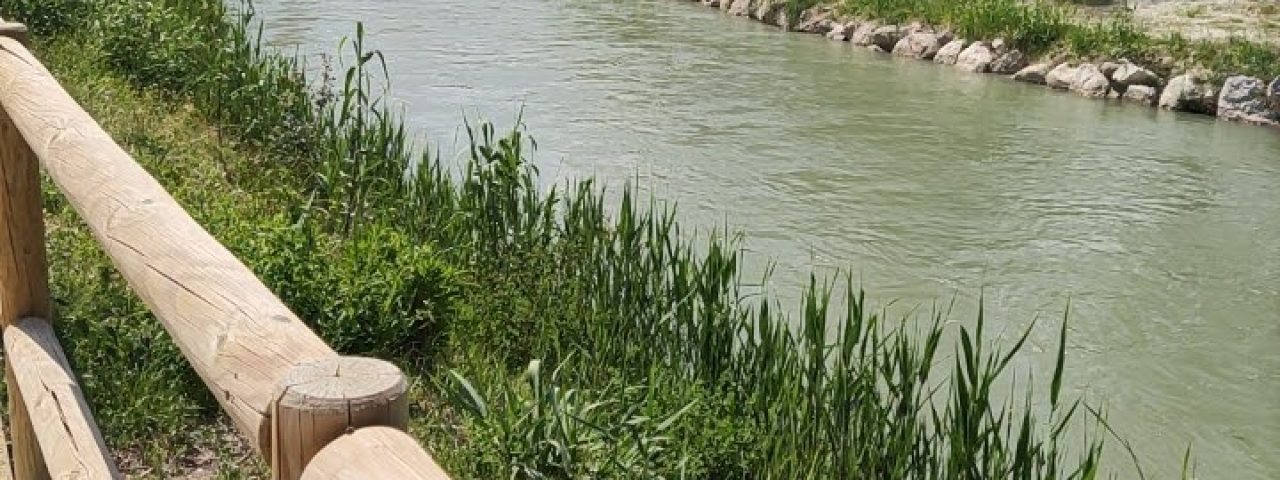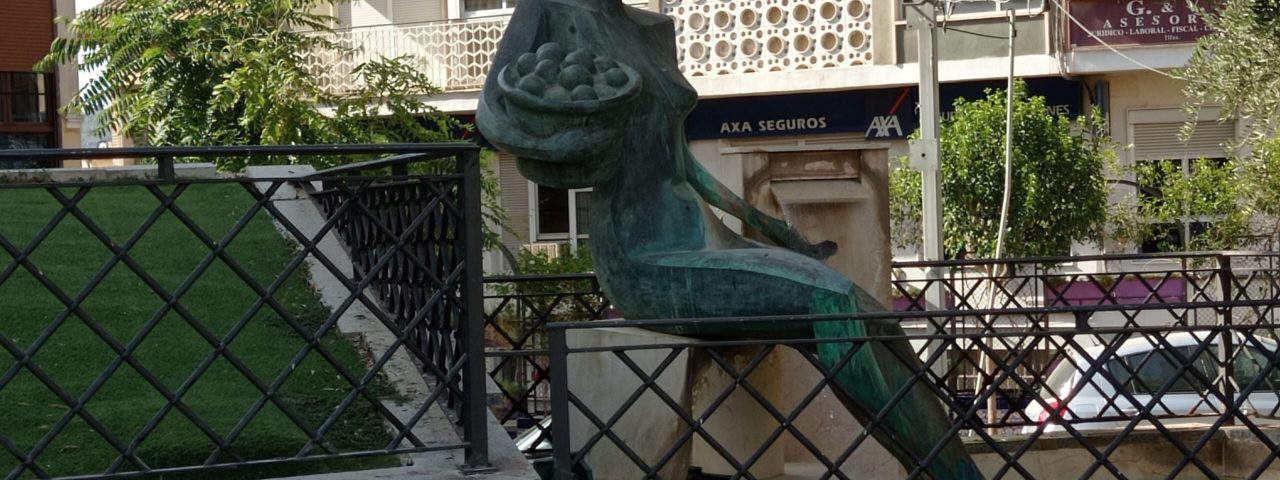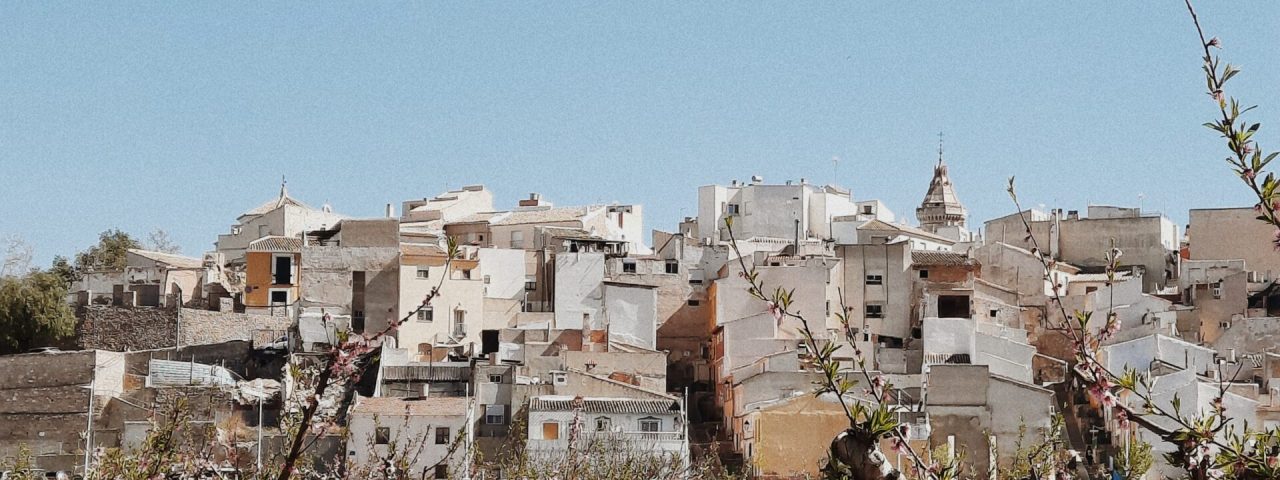Cieza has a rich and diverse history that spans thousands of years, with influences from various civilizations including the Iberians, Romans, Visigoths, and Moors. One of the city’s most important historical sites is the Medina Siyâsa, a Moorish settlement located on the nearby hill, which dates back to the 11th and 13th centuries. The well-preserved remains of the city offer a glimpse into Cieza’s Islamic past, with intricate urban designs and archaeological findings of houses, baths, and mosques.
The city was later reconquered by Christian forces in the 13th century, and it has since developed a unique cultural identity that blends these historical influences. One of the most significant events in Cieza’s cultural calendar is Holy Week, which is known for its elaborate processions and traditions that have earned it a designation as a Festival of International Tourist Interest. Another key cultural event is the Floración, which celebrates the blooming of the city’s orchards with music, art exhibitions, and outdoor activities.
Cieza’s culture is deeply rooted in its agricultural heritage, and many local traditions revolve around farming and food. The city’s festivals are lively and communal, drawing people together to celebrate its natural beauty and historical legacy.
